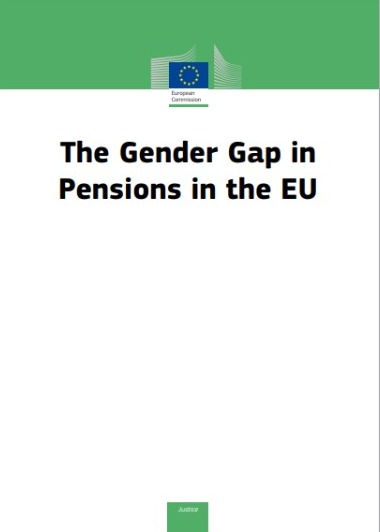David Sinclair explains what an ageing population means for economies around the world
The world has been ageing for some time, according to David Sinclair, Director, International Longevity Centre, but policy has still not caught up to tackle the potential problems this may cause for the world. He says that an ageing population will have an impact on the future like at no other time in history and will change everything from cities, transport and consumption to relations between countries, and for that to be positive rapid policy changes are needed. The below interview...










